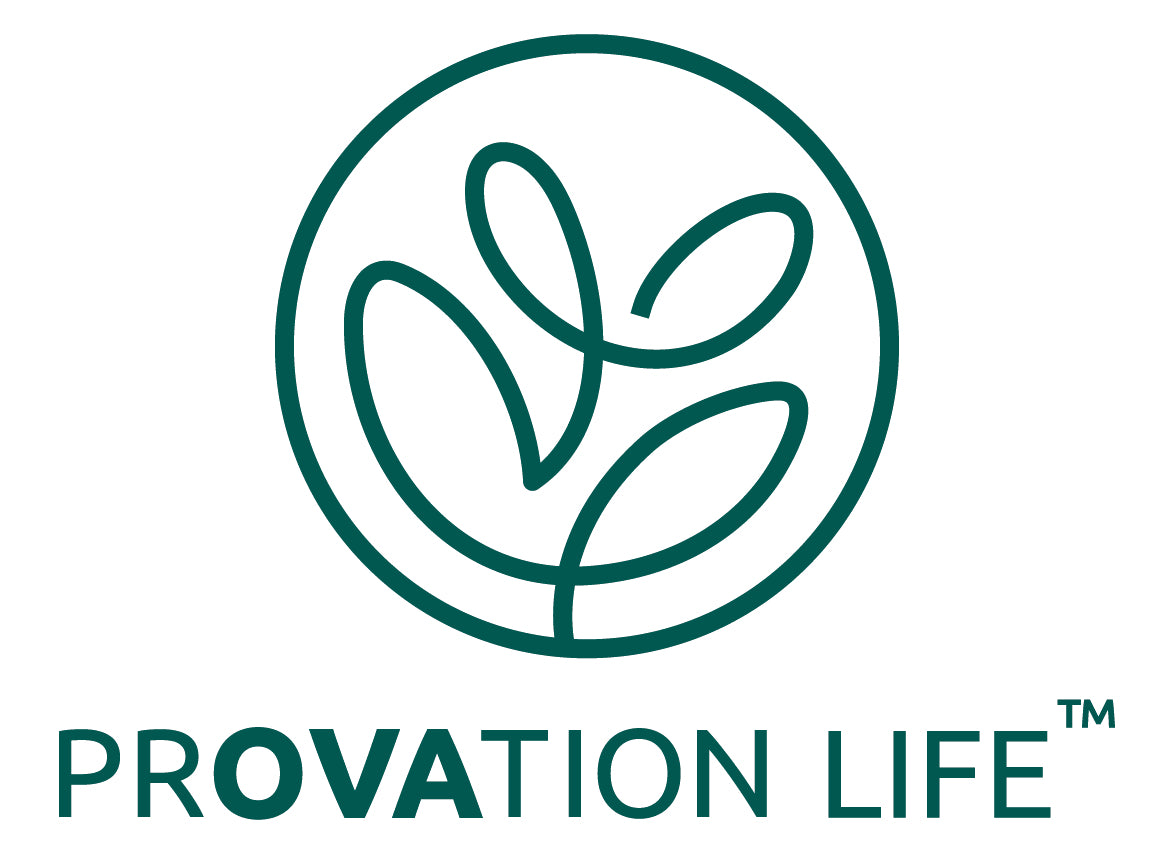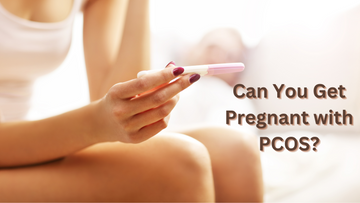Polycystic Ovary Syndrome (PCOS) is a common health condition that affects about 101-15% of women of reproductive age. It is characterized by hormonal imbalances and metabolism problems that can affect overall health and appearance. Importantly, PCOS is also a common cause of infertility. However, many women with PCOS can and do conceive. In this blog, we'll explore the relationship between PCOS and pregnancy, addressing common concerns, treatment options, and success stories.
Understanding PCOS and Its Impact on Fertility
PCOS primarily affects a woman's ovaries and her ability to ovulate regularly. Women with PCOS often experience irregular menstrual cycles because their ovaries do not consistently release eggs. This irregularity can significantly reduce the chances of conceiving naturally.
Symptoms of PCOS Include:
- Irregular menstrual cycles
- Excess hair growth
- Acne
- Scalp hair thinning
- Weight gain
These symptoms are due to elevated levels of male hormones (androgens) typically seen in PCOS patients.
The Challenge of Getting Pregnant with PCOS
The core of the fertility issues related to PCOS lies in anovulation, meaning that ovulation does not occur. Without ovulation, there are no mature eggs to be fertilized, and pregnancy cannot occur. However, it's important to remember that each woman's experience with PCOS is unique. Some may continue to ovulate occasionally, while others may not ovulate at all without intervention.
Treatment Options to Enhance Fertility
The good news is that several treatment options available can significantly improve the chances of a woman with PCOS becoming pregnant:
1. Lifestyle Changes
- Weight Management: Even a small amount of knowledgeable attention to weight can improve ovulation frequency and increase pregnancy likelihood.
- Diet and Exercise: A healthy, balanced diet and regular exercise can help manage symptoms and improve metabolic health.
2. Medications
- Metformin: Often used to treat type 2 diabetes, Metformin can also help improve insulin resistance and lower insulin levels in women with PCOS, which can help with ovulation.
- Clomiphene Citrate and Letrozole: These fertility drugs are commonly used to induce ovulation in women with PCOS.
- Inositol: Particularly effective for those suffering from PCOS, Inositol is a supplement that can help improve insulin resistance and ovarian function, thereby enhancing ovulation rates.
3. Assisted Reproductive Technologies (ART)
- In Vitro Fertilization (IVF): IVF may be considered if simpler treatments do not work. This involves fertilizing an egg outside the body and implanting it in the uterus.
Success Stories and Encouragement
Many women with PCOS have successfully conceived using these treatments, including those who have used Inositol as part of their regimen. The journey may involve a combination of treatments and patience, but for many, the dream of motherhood becomes a reality.
The Last Word
Having PCOS does not mean you can't get pregnant. It simply means you might face more challenges than the average woman. With the right diagnosis, lifestyle changes, and treatment plan, including potential supplements like Inositol, many women with PCOS can overcome their fertility obstacles. Consulting with a healthcare provider who specializes in PCOS can provide guidance tailored to your specific condition.
If you're struggling with PCOS and trying to conceive, remember that you're not alone. With advancements in medical science and supportive care, the path to motherhood is more accessible than ever for women with PCOS.
Related articles:











